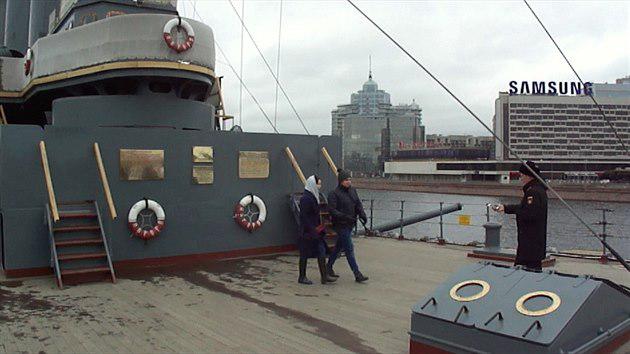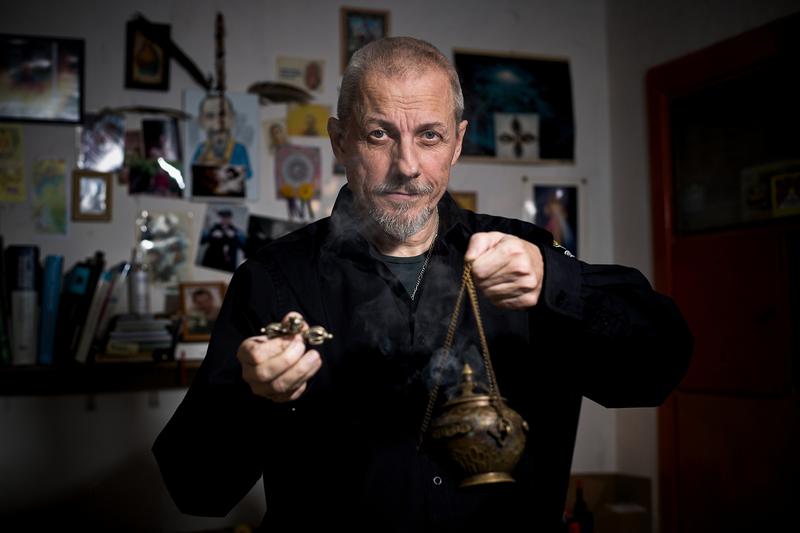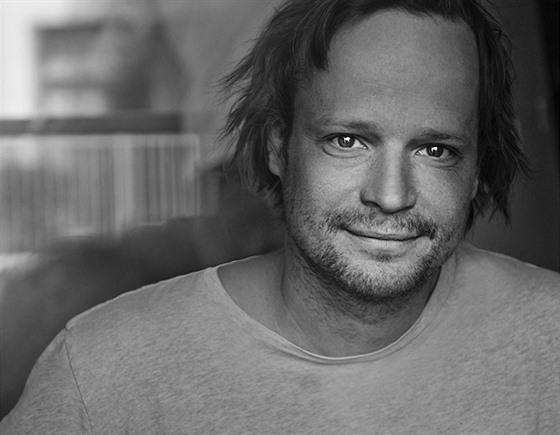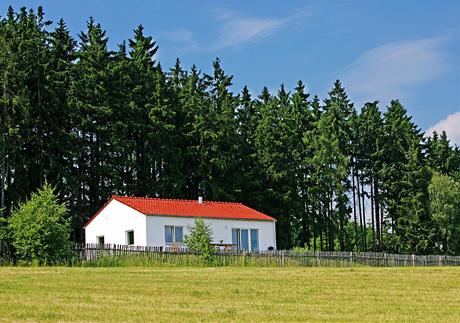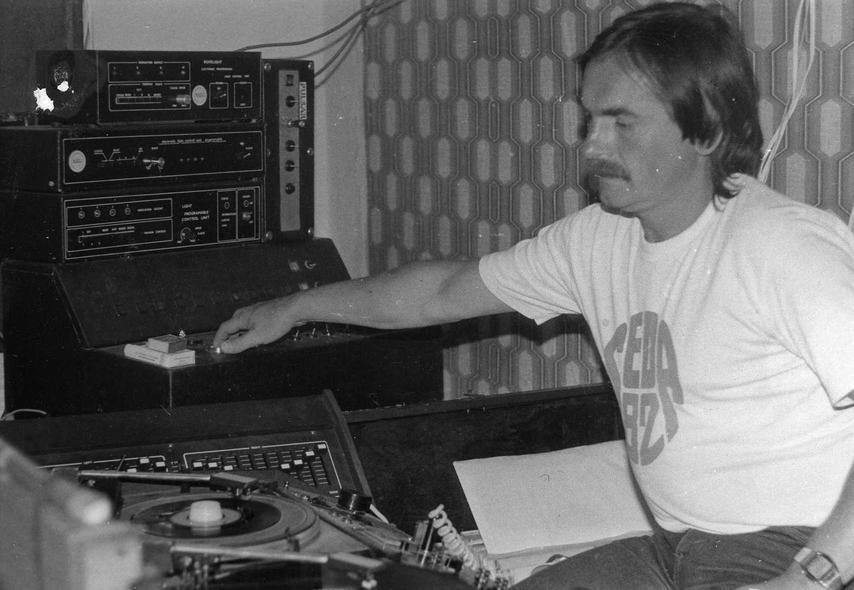
In Flanders fields - mountains of
In the fields of Flanders
In the fields of Flanders wild poppies grow, there between the crosses, row after row. Here we lie. Up among the robins, you can hear the larks singing, down here the canons are just roaring their song.
However, we will not rise again and it may seem that yesterday we were still alive and loved. Now we just lie quietly in the fields of Flanders. However, others will take over our fight.
We will now put our burning torch into your hands and you will carry it on. If it goes out, remember our grief that we fell here needlessly. Only poppies will grow in the fields of Flanders.
Day of War Veterans
Day of War Veterans November 11 is recorded as an important day in the Czech calendar. The memory of fallen soldiers is celebrated as a public holiday in France, Belgium, Canada and the United States. In Great Britain and Canada it is called Remembrance Day, in the United States it is Veterans Day, in France and Belgium it is called Armistice.
l'Armistice na Horydoly
2019 L'Armistice: all of France will honor the fallen2018 French President Macron unfortunately did not come to Darney2017 Cernay: all of France celebrates l'Armistice
Why the poppy and why Flanders?
The poppy flower became a symbol of remembrance for the fallen soldiers according to the poem On the Flanders Fields, written by the Canadian surgeon John McCrae in memory of the comrades killed in the 2nd Battle of Ypres. 1915. He wrote it after the funeral of his friend Alexis Helmer. A weed called poppy grew everywhere in the neglected fields at that time.
Flemish or Flanders is a region in the Kingdom of Belgium. Dutch is spoken here. Others are French-speaking Wallonia and multi-ethnic Brussels. During the First and Second World Wars, long and difficult positional battles took place in the flat Flanders with its many watercourses.
2. the battle of Ypres became famous for the first mass deployment of chemical weapons. The German army, in an attempt to break the front line of the Entente, opened 5,700 cylinders of chlorine gas and the wind carried it into the defenders' trenches. On nine kilometers of the front, 168 tons of released gas hit 15,000 soldiers, 5,000 of whom died. The Germans, equipped with primitive gas masks made of tow saturated with oxygen, advanced three kilometers, but did not break the front. The Canadian units distinguished themselves in the defense. They also kept the lines down thanks to urine-soaked tissues.In Flanders fields
In Flanders fields the poppies blowBetween the crosses, row on row, That mark our place; and in the sky The larks, still bravely singing, fly Scarce heard amid the guns below.
We are the Dead. Short days ago We lived, felt dawn, saw sunset glow, Loved and were loved, and now we lie In Flanders fields. Take up our quarrel with the foe:
To you from failing hands we throw The torch; be yours to hold it high. If ye break faith with us who die We shall not sleep, though poppies grow In Flanders fields.
Artillery and Surgeon John McCrae
John McCrae (1872 - 1918) was a Canadian surgeon who served as a Major of Artillery in the British Commonwealth Army on the Western Front in Flanders during World War I. As a reminder: he was effectively the life-or-death enemy of the Czech soldiers in the Austro-Hungarian army.
The poem In the Fields of Flanders was first printed on December 8, 1915 in Punch magazine. Even during the Great War it became a symbol of death on the front. Today it is seen as a reminder of the fallen in all war conflicts.
John McCrae himself was a civilian doctor at home, but he received artillery training. When he was ordered to leave the artillery effective June 1, 1915, and set up the Canadian General Hospital in Boulogne-sur-Mer, France, he was reluctant to do so. Officer Allinson reported that McCrae "said in the most unmilitary way what he thought about being transferred to the doctors and being pulled away from his beloved guns. His last words to me were, 'Allinson, all the damned doctors in the world are not going to win this bloody war.' What we need is more and more fighting men.'
One of the most popular war poems has appeared in many languages and countless editions. Next to English, the most famous is the Latin version beginning with the words "In agro belgico".
McCrae died of pneumonia before the end of the war on January 28, 1918, at his Boulogne-sur-Mer war hospital in northern France. He was buried the following day in Wimereux Cemetery with full military honours. His flag-draped coffin was carried on a carriage. Among the mourners was General Arthur Curriea, commanding the entire Canadian Corps. His horse, Bonfire, also walked in the funeral procession, in whose stirrups McCrae's riding boots were placed upside down.
Show the place Turistika on a larger map
History of songs on HORYDOLY
Silent night, holy night, When I walked through that Putim gate, I was planting millet on the headland, Hotel Savoy, Dew on the rails, When the White Rocks are silent, Letter to Free Europe, Along the Old Castle Stairs, Czech Hymn, Tibetan Hymn, Tibetan Nomadic Song, The One Who Plays, Trucker's Hitch, McLaren Mine, Prayer for Martha, Song of the Mountain Gypsies, The Magician Opera, On the Flanders Fields, LIST: Songbooks on the Internet



